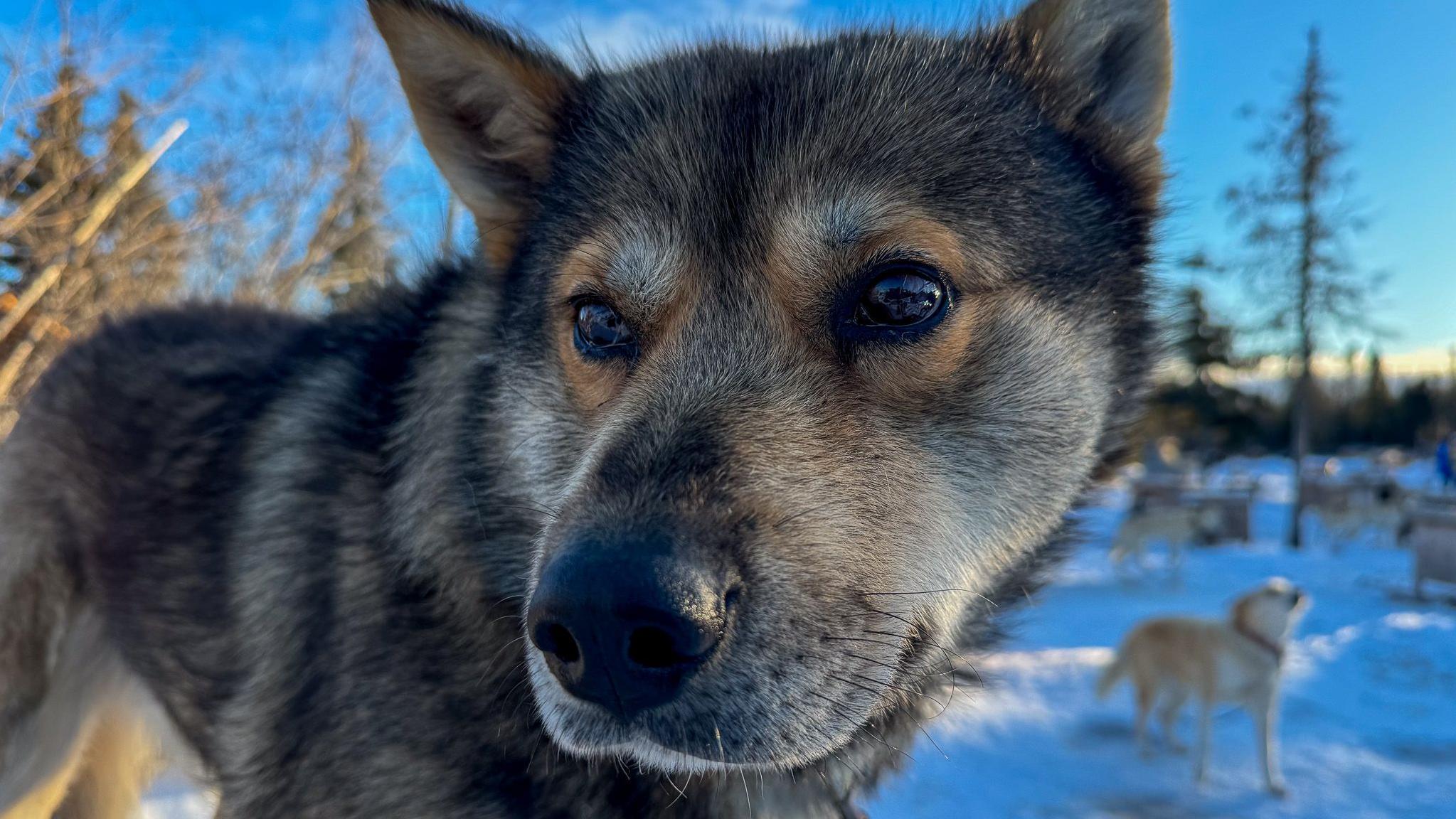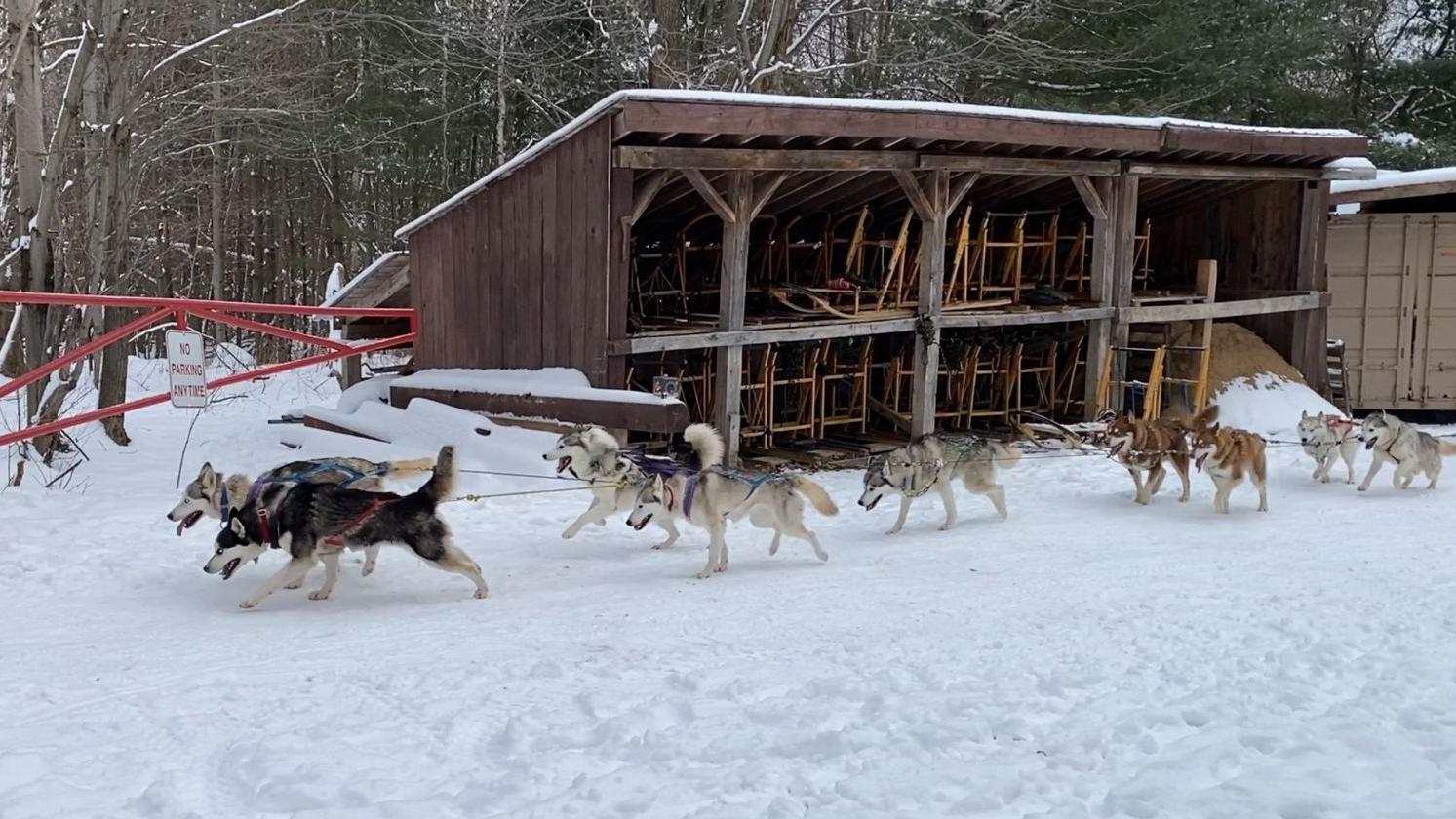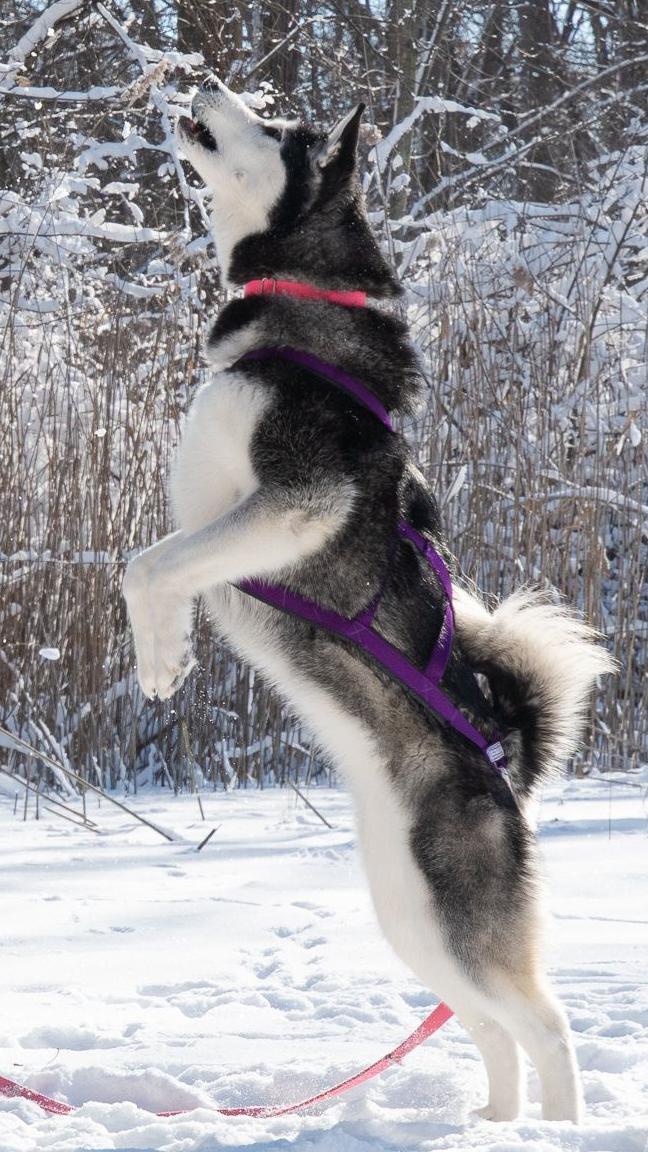As the congested and house dogs are reacting to the SATA – BBC News in Serbian

If you have ever had problems due to sudden daily routine change due to seasonal « shifting clocks » and « moving clocks », remember the surroundings of dogs in Ontario, province in Canada.
Researchers say that the hour shifts those work dogs that are used to a strict daily schedule.
When scientists from the University of Toronto set the movement sensors on a group of Canadian debanged dogs, they noticed that the morning after moving the clocked animals were active and moved around almost exactly an hour earlier.
Unlike them, house dogs the same breed as working dogs showed no noticeable changes, because they slept quietly during an additional hour.
« I did not expect any differences between two groups (dogs), » says Lavania Nagendran, one of the main researchers.
« That’s why it was interesting to see that dogs were so harmonized with their routine ».
Studio, published in a journal Plos OneThe part is a wider project that explores the differences in the behavior of wolves and domestic dogs.
« Not all animals can only change their schedule only based on human influence, (such as a clock movement), » says Ming Fay Lee, one of the major researchers.
He adds that she and her colleagues wanted to know if wolves can also adjust their patterns of activities, and whether this flexibility has naturally evolved in dogs, or is imposed when we tame them.


Much of research on the influence of moving watches on health and sleep deals with people.
Previous research indicate that the clock movement causes sleep disorder or interruption during sleep, and that it can last until a week.
Research even showed the increase in mortal traffic accidents immediately after moving the clock forward or backwards.
This is the first study that explores the impact of a clock movement to domestic dogs.
The researchers set up devices for monitoring movements at 25 Dogs and 29 pets dogs and everyone was in or near Ontario, in Canada.
For disabled dogs, the clock moving meant a sudden change in a strict daily schedule.
Before the clocks moved backwards, the dresters came to dog houses at dawn.
The first morning after moving the clock backwards, the disabled dogs were awake, active and moved around an hour before the dressee arrived.

Most of these working dogs did it just a day.
As early as the next morning, the dogs reconcile most of the activities according to their dressees.
However, there were no noticeable changes in house dogs.
The morning after moving the clock backwards, their activity was in line with a new schedule imposed by a man.
« When we talked to the pet owners, everyone said that because of that shift of the hour, their dogs or cats rise in the morning, crazy, waiting to be fed.
« But we did not notice that in our research with home dogs. »
The team conducted the research 2021. years, when the locking measures due to the covey-19 pandemic were in effect in Canada.
Therefore, they published an advertisement to seek owners of Husky or Malamuts for participation in their distance research.
« The owners were amazing, » Li recalled.
« They asked us questions, put the tracking devices on the collars of their dogs we sent them by mail and most of them lead really good notes. »
Researchers say their « main discovery » that for work dogs could be useful to gradually introduce a change in schedule.
Because, even though you can learn a new routine with a new routine, such a sudden change during the night can be disturbing for them.
Apart from course, if it is not a dog pet without work obligations and which has an extremely comfortable sun lounge.
The BBC in Serbian is from now on and on the morning, follow us Here.
Follow us on Facebook, Twitter, Instagram, Jutjubu and Vajiberu. If you have a topic suggestion for us please contact (Email Protected)







